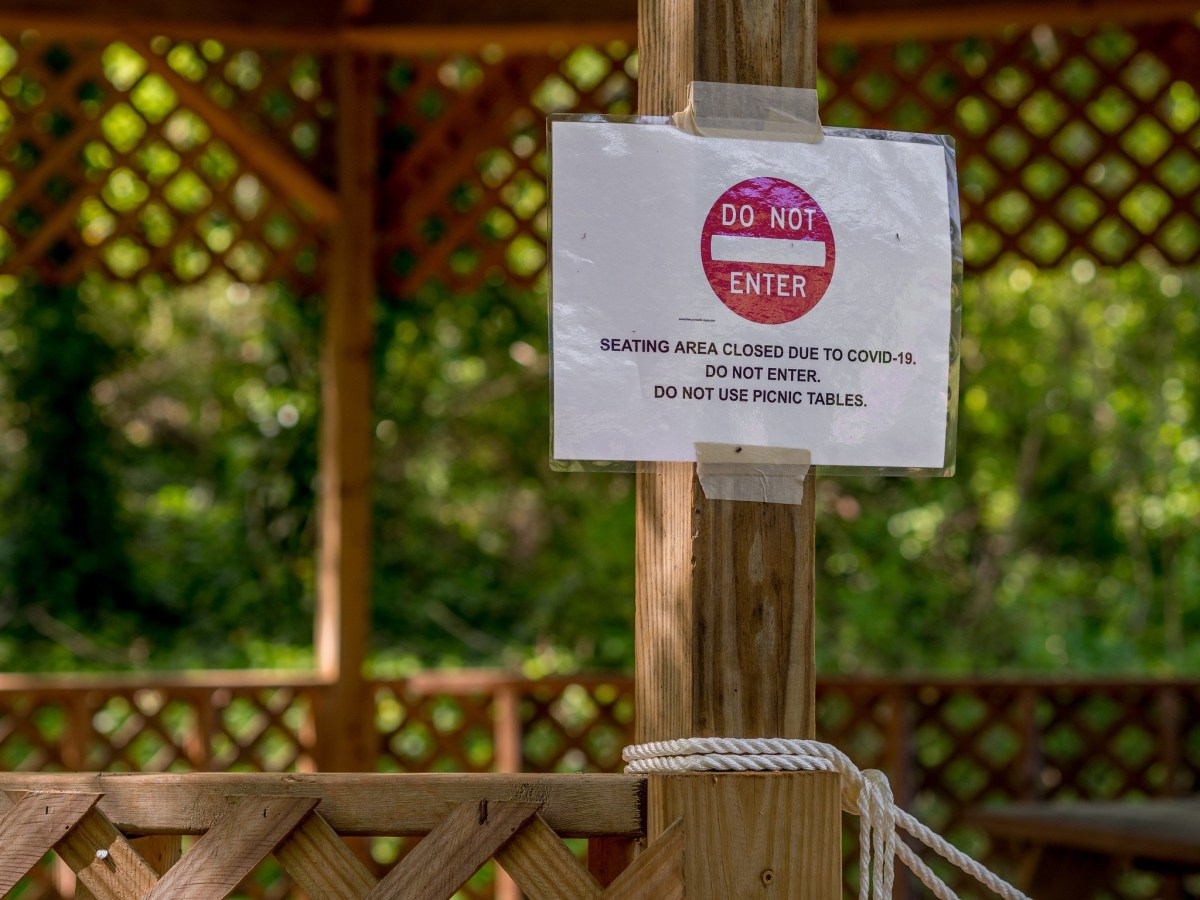Gov. Gavin Newsom suggested Monday the state could issue a new stay-at-home order for the majority of California’s counties as new coronavirus cases and hospitalizations surge across the state.
Coronavirus hospitalizations are on pace to rise by up to roughly 30 percent by Christmas Eve in much of the state, according to Newsom, as the state’s health care system absorbs a surge of new cases due in part to gatherings on Thanksgiving.
Intensive care units are also on track to reach and surpass 100 percent capacity some time in December in most of the state’s major population centers.
The Bay Area fares slightly better than other parts of the state in both of those metrics, with 58 percent of its hospital beds currently occupied and 62 percent projected to be occupied by Dec. 24.
Likewise, 72 percent of the Bay Area’s ICU beds are currently occupied, a figure projected to rise to 91 percent by Dec. 24, putting the region on track to hit its maximum ICU capacity in early January.
Newsom said the projections did not take into account mitigating factors like a potential stay-at-home order and assumed the state’s current surge would continue unabated.
“This is in the absence of making better decisions,” he said Monday during a briefing on the pandemic. “If we just sit back and are bystanders at this moment and we don’t subsequently improve upon our existing efforts, this is what we project might occur.”
Newsom said state officials have discussed over the last week issuing a new stay-at-home order that would apply to counties in the “purple” tier of the state’s pandemic reopening system.
As of Monday, 51 of the state’s 58 counties, including every Bay Area county except Marin, were in the purple tier, accounting for 99.1 percent of the state’s population.
A new stay-at-home order, Newsom and state Health and Human Services Secretary Dr. Mark Ghaly said, would not be entirely the same as the order the state issued back in March, shutting down most businesses for several weeks.
In the months since then, Newsom and Ghaly argued, local and state health officials have learned much more about how the virus is transmitted and which activities pose the largest risk of infection.
For now, state officials are most focused on community transmission and decreasing social mixing, according to Ghaly.
“Everybody wants us to identify the sector where spread is happening,” he said. “The truth is, when you have this level of community spread, it’s happening in our communities first and foremost. So, the minute you walk into an entity indoors, the chance of encountering someone with COVID, who can actually transmit it, is higher than it’s ever been.”
Ghaly also noted that the state’s surge in new cases and hospitalizations is likely to get worse before it gets better due to the roughly two-week lag for the virus to begin affecting a person.
“The high case rate numbers that we’ve seen in the last week and 10 days have not even begun to impact hospitals yet,” Ghaly said.
Newsom has argued the coming weeks will be one of the most critical periods of the pandemic for state residents to heed public health guidance during the “sprint” toward widespread availability of a vaccine.
That vaccination is expected to begin in less than a month, he said, as the state is set to receive some 327,000 doses of coronavirus vaccine from the pharmaceutical company Pfizer over the next few weeks.
“People just want to be done with this,” Ghaly said of the pandemic. “But it doesn’t take a break just because we’re tired of it.”
